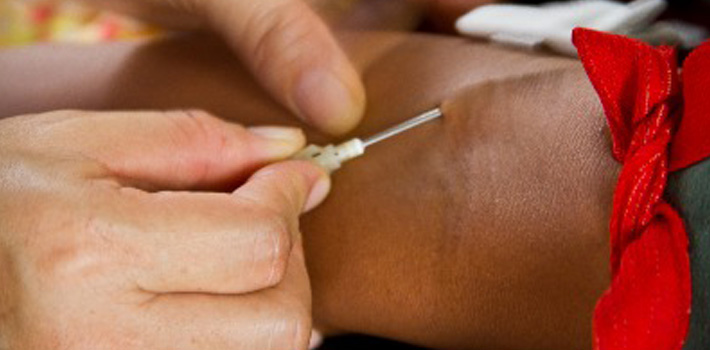Behind closed doors away from the public eye, children and young people are writhing in pain, are crying inconsolable tears for the pain of sickle cell to go away.

Behind Closed Doors
Parents are at their wits end because they don’t feel free to share their stresses with their close family and friends.
Sickle cell anaemia is an inherited blood disorder that mainly affects the Afro-Caribbean community, stigma has been noted as the largest cause of ‘keeping it behind closed doors’.
In a Family Resilience program funded by Roald Dahl’s Marvelous Children’s Charity, we found that 17 parents of young children between the ages of 3 months to 10 years had not told very close family members that they child has Sickle cell anaemia.
Out of the 17, one parent deeply regretted it as her mun passed away with out know that her grandchild that she had been caring for had sickle cell anemia. This now left her very depressed and lonely.
Another one who had told her family, later told us how her sister thew it back in her face during an argument that ‘she has been cursed with a child that will die on her’.
These are some of the hurtful things that go on behind closed door that make parents shy away from telling family members and friends. Sickle cell is not a death sentence or a curse as it was once known to be in some African communities.
There is so much health advances that have been made since its discovery over 200 years ago. Find out how you can help to support children and young people who need your help to making their lives as marvellous as yours.
Hospitalisations in Sickle cell is very common, otherwise how will Doctors get to the blood.

Children regularly go in and out of hospital and are hospitalised many times, many a time ‘morphine is the only way to relief the deep incessant pain.
Parents/Carers take it in the stride and life becomes a routine of hospital visits with bags packed ‘just in case’. All these go behind closed yet Social Services or the DWP does not see sickle cell as a Disability.
Many children and young people fall through the cracks and are not looked into, leaving them to struggle with life, depression, low self esteem, their education suffers and they fall behind as they do not have support from school to cover the days school is missed.
If you see a young person suffering with Sickle cell please don’t ignore them as they may need you take the first step. Ask them ‘How are you, really?’ Be prepared to listen past the first ‘I’m fine’.

